Researchers & Support Staff
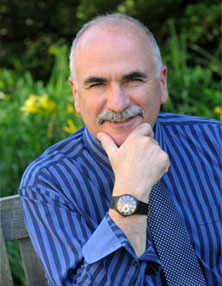
Dr. Cohen is Professor in the Department of Psychology, the Neuroscience Program, and the Beckman Institute, and serves as the Director of the Interdisciplinary Health Sciences Initiative (IHSI) as well as of the Center for Nutrition, Learning, and Memory (CNLM). His work on human learning and memory has been instrumental in identifying and characterizing multiple memory systems in the brain that support different aspects of performance, and has emphasized development of novel paradigms for assessment of different aspects or forms of memory. Work in the lab includes neuropsychological, functional imaging, and eye tracking studies of memory, together with intervention studies that use exercise, fitness, cognitive training, and nutrition to enhance learning and memory, across the lifespan, and computational modeling of memory. Current and previous funding sources include NINDS, NIMH, NIA, NICHD, IARPA, IES, Abbott Nutrition, and Sandia National Laboratories
View His Publications
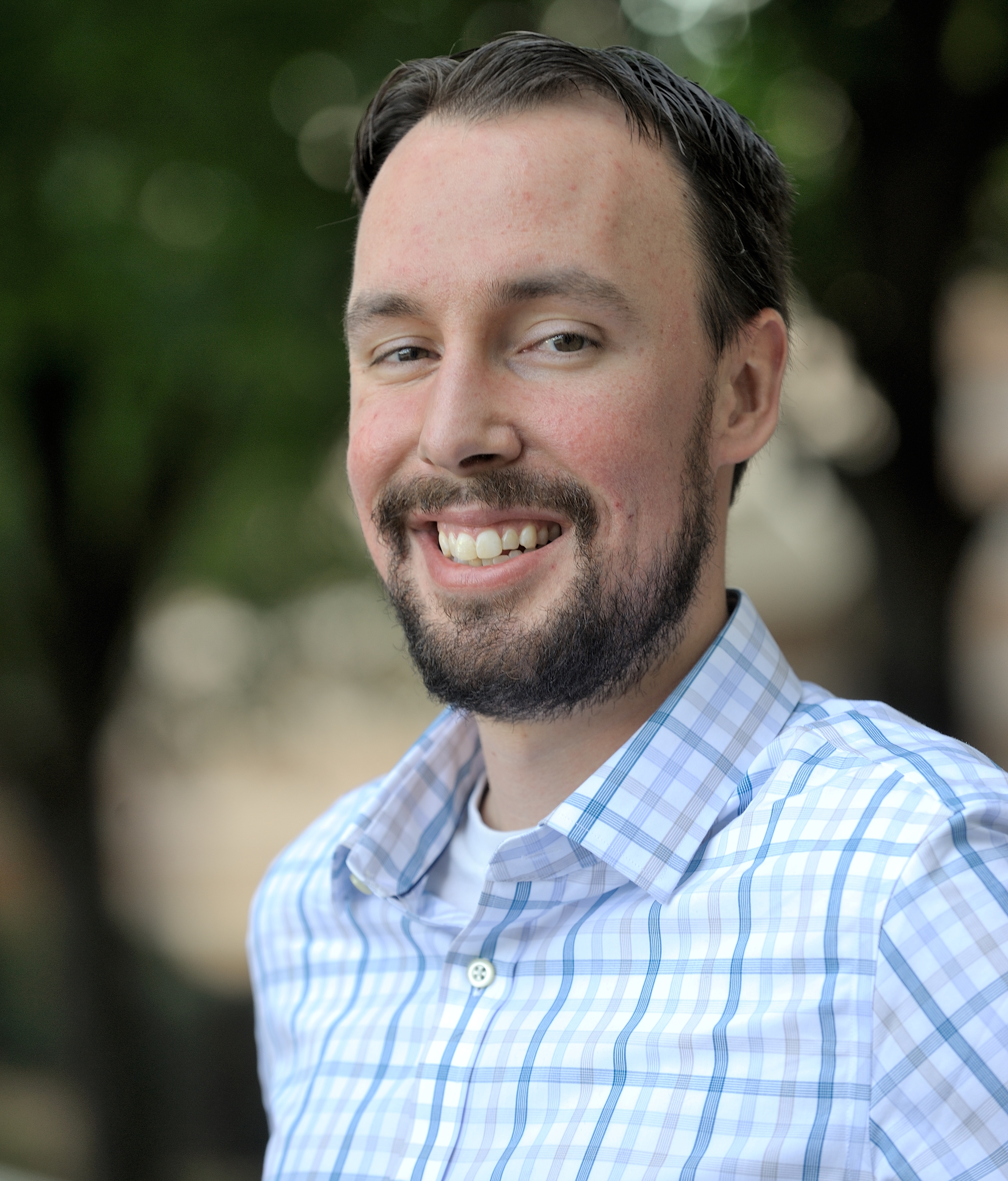
Michael is a visiting research scientist in the MSL. His research uses neuroimaging, eye-tracking, and neuropsychological studies to understand the distinct and interactive roles of the hippocampus and PFC in relational memory. His most recent work focuses on the ability to bind and discriminate information across events in service of flexible behavior. In particular, this work is interested in how eye movements can reveal the obligatory and automatic nature of contextual reinstatement, as well as the nature of interference resolution. Michael's work also heavily focuses on the impact of healthy aging on relational memory and its neural correlates. He has demonstrated that age-related under-recruitment of various PFC processes underlies memory impairments in older adults. However, his work has also shown that these effects can be ameliorated with environmental support. Further, with the other members of the lab, and in collaboration with Dr. Melissa Duff at Vanderbilt University, he is currently investigating the impact of Traumatic Brain Injury (TBI) on the cognitive and neural processes of relational memory. Recent findings have shown that TBI impairs relational memory even when information must only be maintained for a few seconds, and that TBI disrupts spatial and temporal order memory. Across his career, Michael has used fMRI, Eye-tracking, EEG, and neuropsyhcological approaches to improve our understanding of memory and how it is impacted by age and pathology. He received his Ph.D. in Psychology with a focus on cognitive and brain sciences from the Georgia Institute of Technology in 2014, where he worked with Dr. Audrey Duarte. He received his BS in biopsychology and English from the University of Michigan. Outside of the lab, Michael enjoys sports (watching more than playing these days), cooking, hiking (well more walking in the woods in Illinois), and hanging out with his cat. Michael's Publications
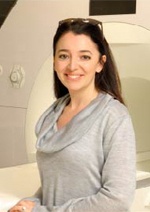
Hillary is a trained experimental psychologist with 14 years of experience applying neuroimaging techniques to answer questions about the organization and structure of the human brain. She currently works as a Research Scientist in both the Memory Systems Lab as well as the Biomedical Imaging Center at the Beckman Institute. Her recent work has been dedicated to understanding the structure and function of the hippocampus and surrounding medial temporal lobe structures. As a cognitive neuroscientist, she leverages multiple behavioral, eye-tracking, and neuroimaging (primarily structural MRI, functional MRI, and elastography) tools to explore the organization and control of the memory system. Incorporating magnetic resonance elastography (MRE) into her research has been exciting and groundbreaking as, for the first time, we have demonstrated that variations in the viscoelasticity of the hippocampus contribute to differences in behavior on a variety of cognitive assessments. We have also demonstrated a positive relationship between aerobic fitness and MRE derived hippocampal integrity and that hippocampal viscoelasticity mediates the relationship between fitness and memory performance among healthy young adults. She continues to develop new tests to assess relational memory abilities and to apply elastography techniques to investigate various cognitive processes in both healthy young and older participants as well as patient populations to get a more nuanced picture of structure-function relationships in the human brain. Hillary earned a Ph.D. in cognitive and brain sciences from the Georgia Institute of Technology in 2012. She also holds a M.S. in experimental psychology from the Georgia Institute of Technology (2009) and B.A.'s in psychology and French literature from the University of Notre Dame (2005). In her free time she enjoys eating and hiking or anything where she can be outside and bring her dogs. Hillary's Website & Hillary's Publications
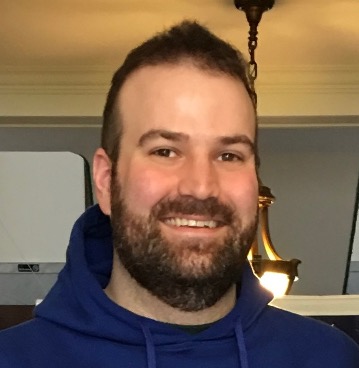
Nate is the lab coordinator for the Memory Systems Lab. Nate earned his Bachelor's of Science in Liberal Arts and Sciences with Distinction in Psychology in 2020 from UIUC. He is currently working on our Traumatic Brain Injury project and also assisting Dr. Schwarb in data collection and analyses on various neuroimaging projects. Nate is currently applying to PhD programs with a target start date of fall 2022. He has a passion for research and his interests include: cognitive neuroscience of memory, neuroimaging, and neurodegenerative disease. In his free time he enjoys watching sports, reading, cooking/baking, and spending as much time as possible with his family, his friends, and his golden retriever Bleus.
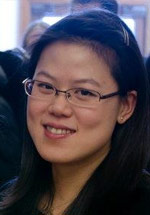
Judy is a senior graduate student in the Cognitive Neuroscience division of the Psychology department. Her research investigates the functional organization of episodic memory, such as item versus context processing, their neural substrates, as well as the interaction of emotion and these aspects of memory. In addition to the support of MSL, Judy enjoys collaborations with Professors Brian Gonsalves and Florin Dolcos, and uses eye-movement tracking and functional magnetic resonance imaging methods in her research. Judy received a M.Sc. in Cognitive Neuroscience from the University of York, UK (2007). She also holds a B.A. in English Literature and a B.B.A. in International Business Management from National Taiwan University (2005)
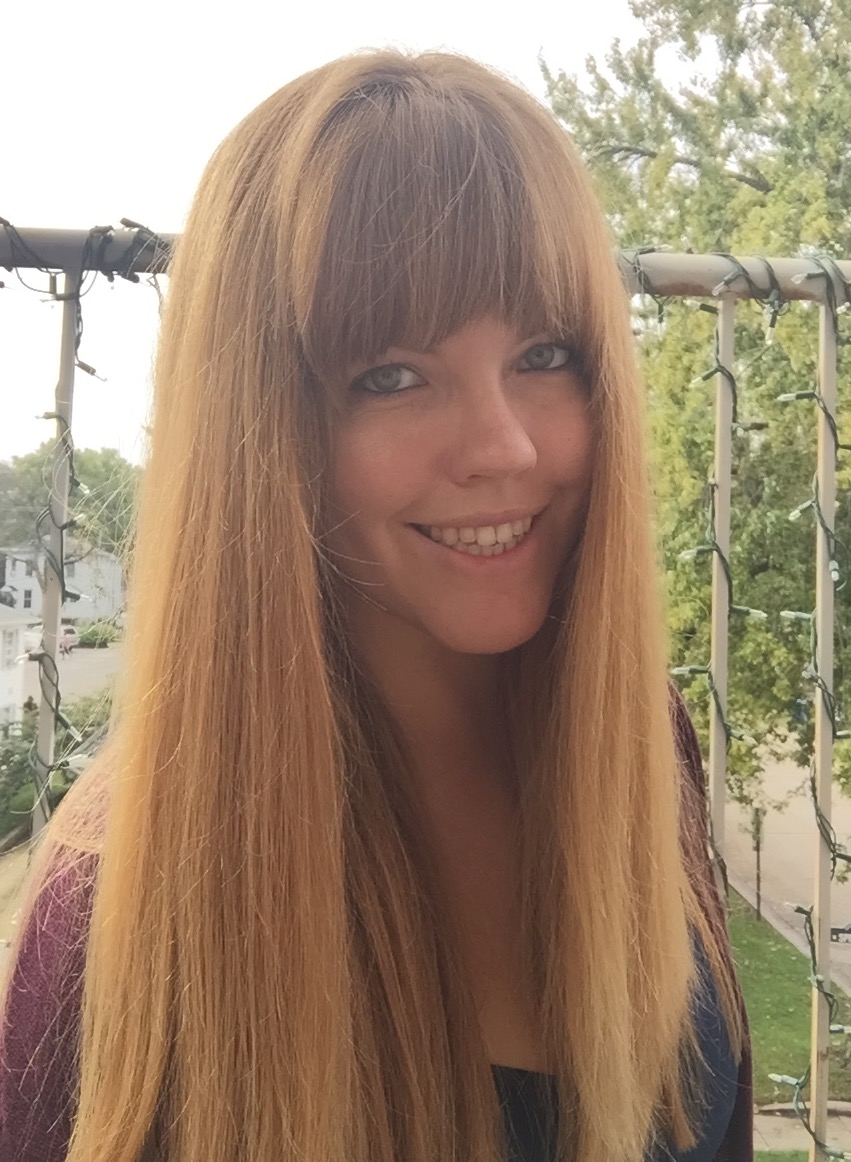
Kelsey is a postdoctoral research associate affiliated with the Center for Brain Plasticity. Her program of research investigates the relationship between physical health factors- including aerobic fitness, body composition, and nutrition- and hippocampal function throughout the lifespan. To explore these relationships, she utilizes multiple behavioral, eye-tracking, physiological, and structural neuroimaging techniques. Kelsey earned a Ph.D. in Neuroscience from the University of Illinois in 2018. Prior to coming to Illinois she graduated with a B.A. in Biology from Kalamazoo College (2012). In her free time she enjoys teaching group fitness classes, cooking, and spending time with family and friends on the Leelanau Peninsula.
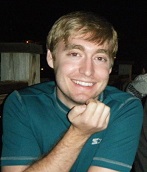
Kevin is in his last year at the Beckman Institute. He graduated with a B.S. in Computer Science from Texas Tech Univerity and was an Embedded and Vision Systems engineer at National Instruments for a number of years before switching focus to Computational Neuroscience. Kevins interests are varied but include Neural Networks, Machine Learning/Deep Learning, Data Visualization, Software/Systems Architectures, and Machine Vision. Kevin recently accepted a position as a Machine Learning Engineer at Walmart in Austin, TX. His other interests include music theory, science fiction, homebrewing, and coffee roasting.
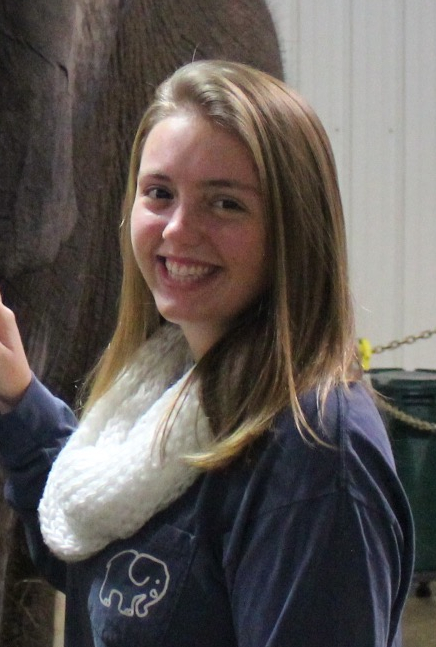
Becca is a full-time research assistant/lab coordinator. She graduated from the University of Illinois Urbana-Champaign with a B.S. in Psychology and a concentration in Behavioral Neuroscience (2018). Her research interests vary but mainly center around the behavioral outcomes of hippocampal function. She plans to continue her research as a graduate student in the near future. In her free time, Becca enjoys reading, doing crosswords and other brain puzzles, and spending time being active.
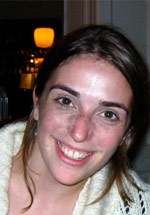
Carol received a Ph.D. in psychology from the University of Illinois and is in her first year as a postdoctoral research associate with Dr. Neal Cohen. Carol is studying how nutritional intake and aerobic fitness affect memory development from infancy through early adulthood using behavioral and eye-tracking methods. She is researching the relationship between these lifestyle factors and cognitive development using a variety of techniques including cross-sectional, longitudinal, and intervention studies both in school and laboratory settings in collaboration with Professors Charles Hillman and Renee Baillargeon at Illinois. She also holds an M.A. from University of Illinois at Urbana-Champaign (2009) and a B.A from Northwestern University (2005). In her free time she enjoys skiing, hiking, yoga, rock climbing, whitewater anything, and coffee.
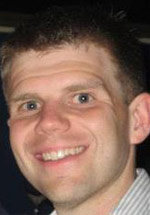
Jim Monti is a PhD student in the Cognitive Neuroscience division of the Psychology department. He holds a BS (2006) and an MA (2011) from the University of Illinois at Urbana-Champaign. Prior to entering the MSL lab at UIUC he worked at Northwestern University's Cognitive Neurology and Alzheimer's Disease Center. His overarching research interest consists of understanding the neural systems that give rise to memory, with a primary focus on the hippocampal-medial temporal lobe (MTL) system, and how it changes over the lifespan. Of particular interest are the cognitive and neurobiological effects of certain lifestyle factors on the aging hippocampal-MTL system, including physical fitness and exercise, nutrition, social engagement, and head trauma. An additional area of study is the development of cognitive tasks that are able to differentiate normal aging from very mild dementia, with a long-term research goal of detecting dementia in its earliest stages and preventing its development through various lifestyle interventions. Methods utilized to achieve these research goals include structural and functional magnetic resonance imaging, eye-tracking, and patient studies.
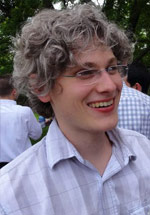
Patrick was a graduate student in the lab who finished his PhD in 2013. He is currently a Research Scientist at IBM T.J. Watson and an Assistant Professor of Computational Science at the Minerva Project.
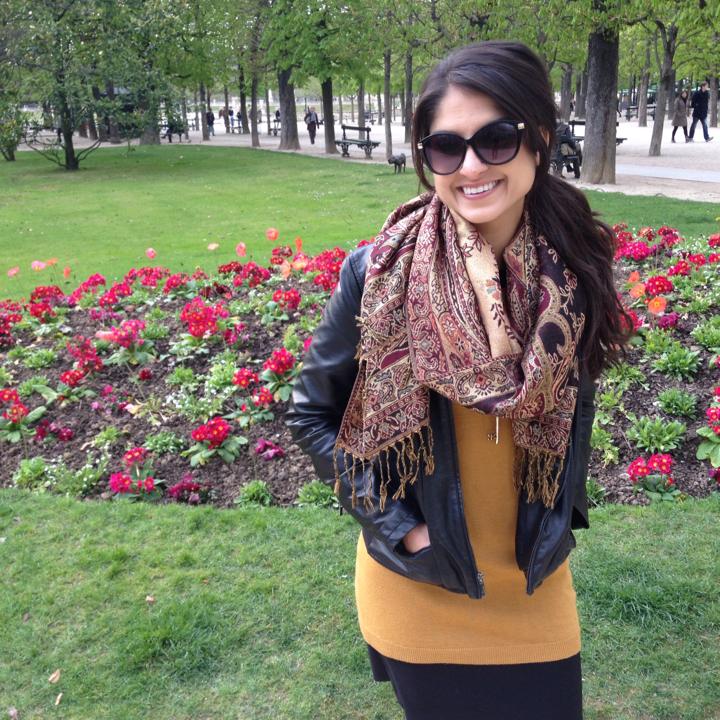
Ari is the former Memory Systems Lab Manager and current IRB Compliance Officer. She graduated from the University of Illinois with a B.S. in Interdisciplinary Health (2012) and worked in the lab for 4 years, primarily assisting in research of mTBI and FITKids, before entering the University of Illinois College of Medicine Class of 2018. In her free time, she enjoys baking, running, and traveling.
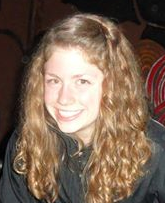
Kelsey was a research assistant in the laboratory from 2012 to 2014. She is currently a graduate student in the Medical Clinical Psychology Program at UAB.
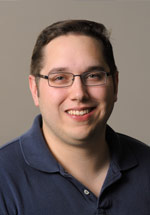
John was a graduate student in the lab who finished his PhD in 2016. He is working as a postdoctoral research associate in Dr. Joel Voss' lab at Northwestern University.
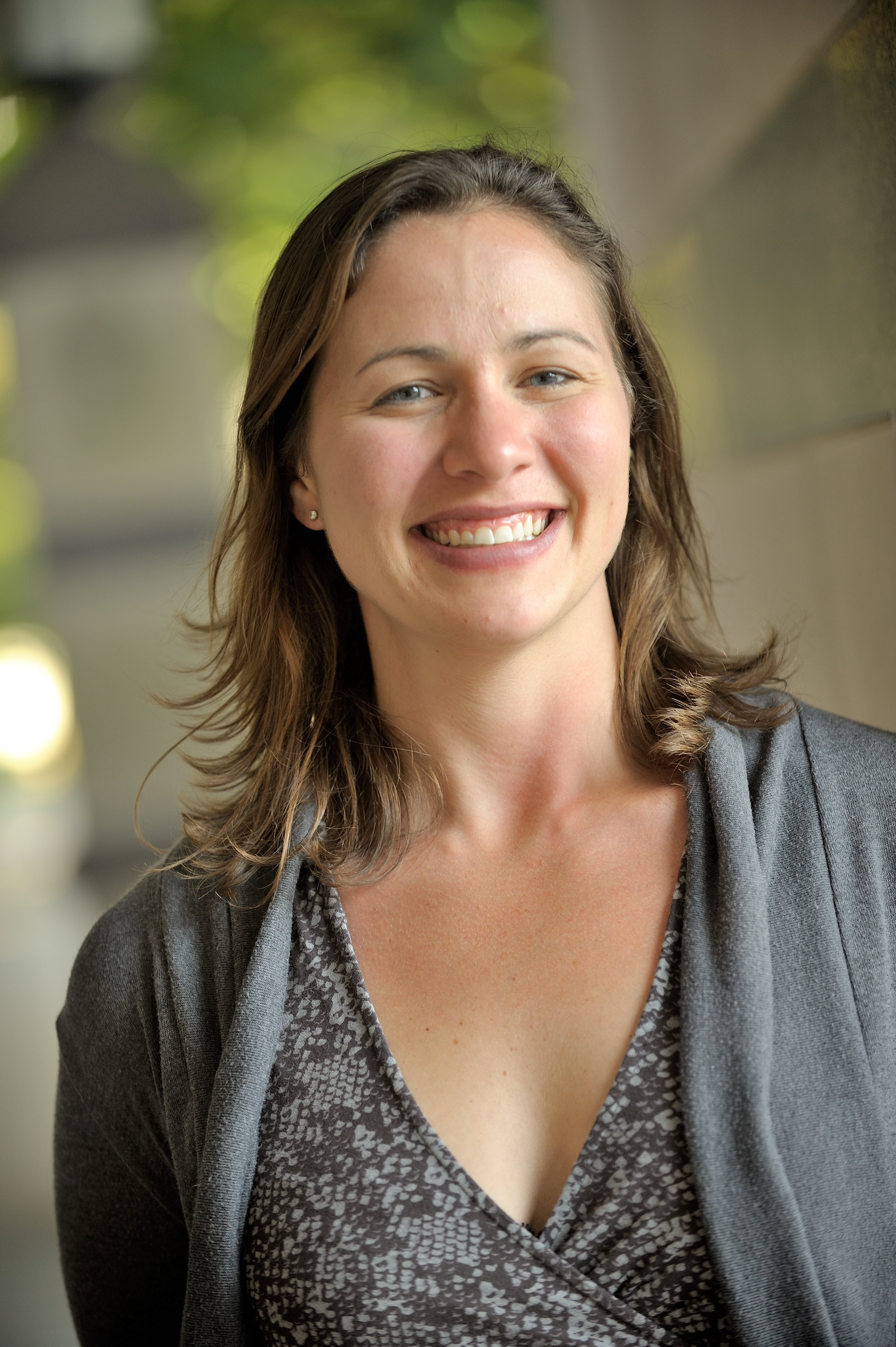
Rachael was a graduate student in the lab who finished her PhD in 2014. She is currently working as a Carle Foundation Hospital-Beckman Institute postdoctoral fellow.
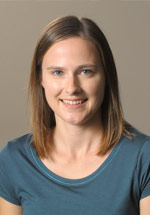
Heather was a Beckman Institute postdoctoral fellow and worked in the lab from 2012-2017. She is currently on the psychology faculty at LSU.
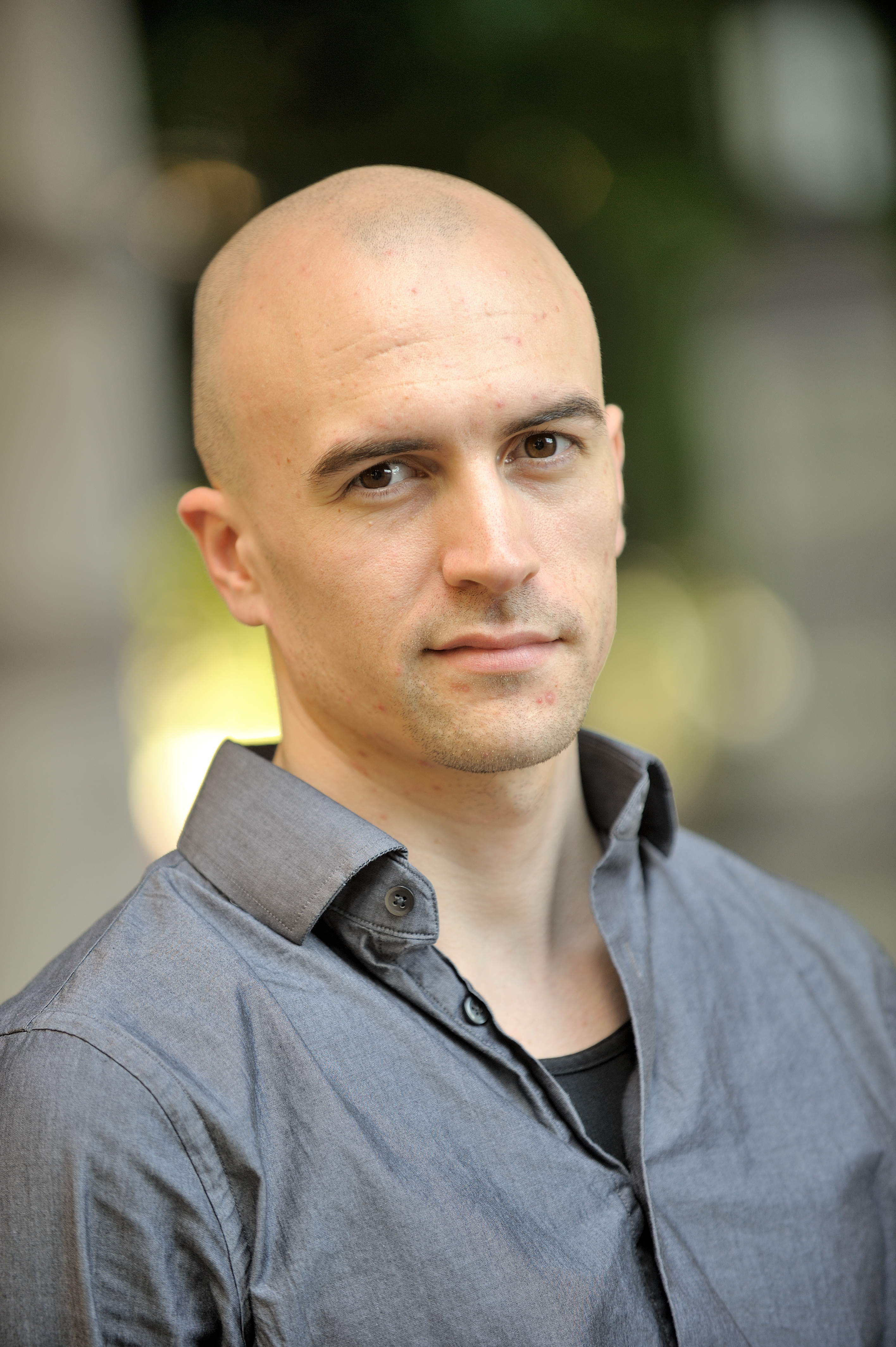
Nick was the lab coordinator from 2014 to 2017. He is currently a registered nurse at Carle.

Nirav was a full time research assistant in the lab from 2013 to 2016. He is currently a lab manager in Dr. Melissa Duff's lab at Vanderbilt University.
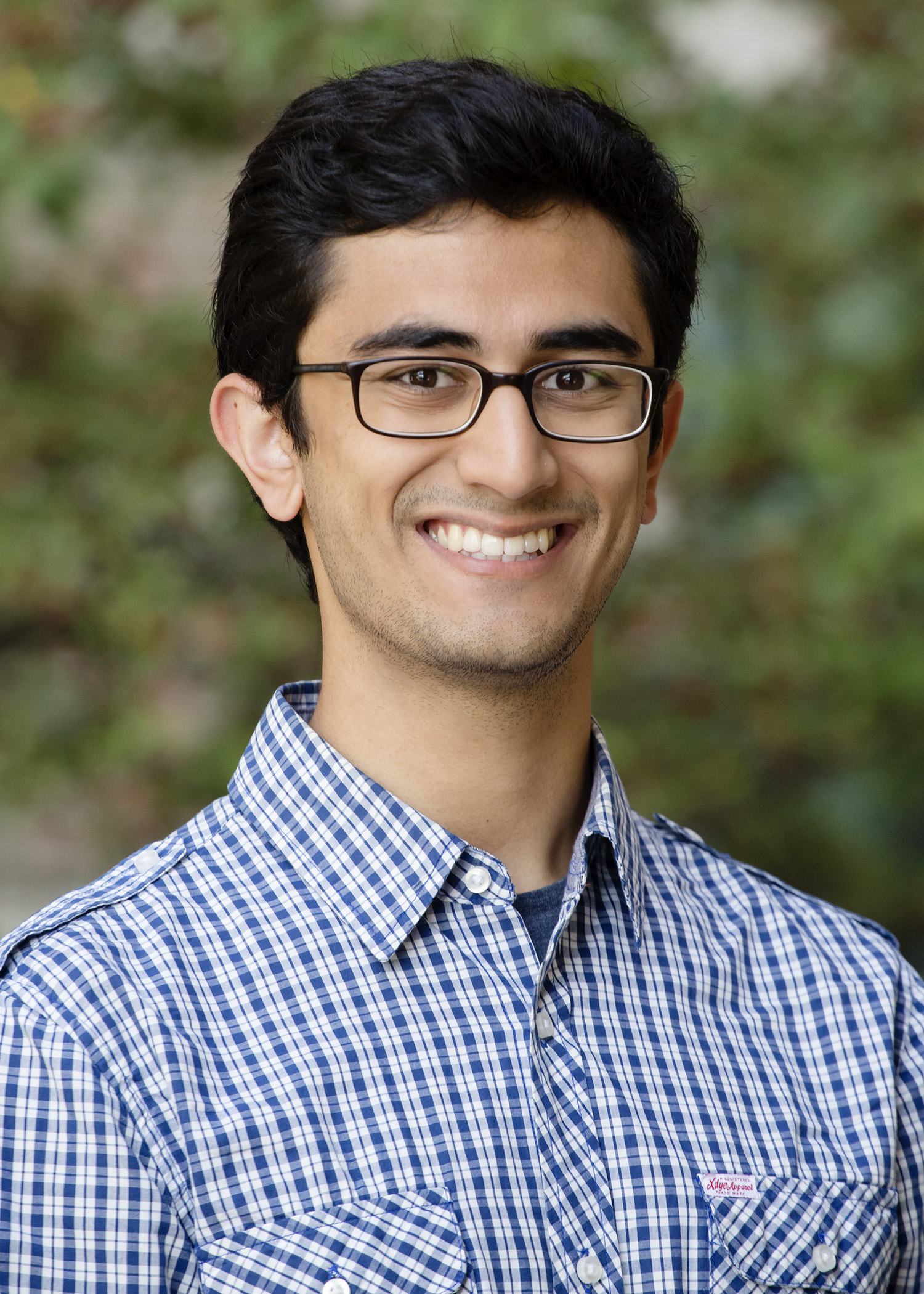
Faizan was a fulltime Research Assistant for the Memory Systems Lab. He graduated from the University of Illinois with a BS in Molecular and Cellular Biology (2014) and hopes to pursue a career in Medicine. He is primarily involved in the Subjective Memory Impairments and FITKids studies where he works with older adults and children.
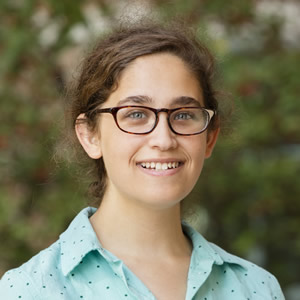
Rachel was a full time research assistant in the lab from 2015 to 2016. She recently completed her own Ph.D. as a graduate student of Dr. Lori Raetzman in the Neuroscience Program at the University of Illinois.
If you are interested in gaining research experience and earning psychology course credit, we offer courses in which you will receive credit hours for your work in our lab. We also are currently looking for participants for our studies from a variety of populations.
Learn More